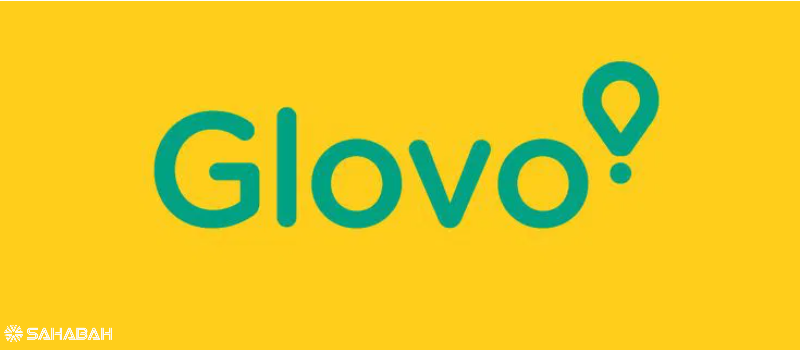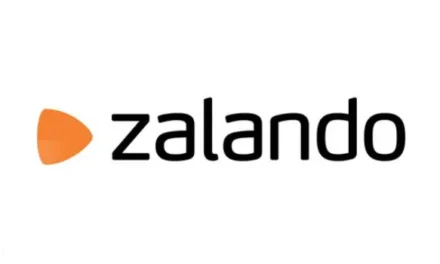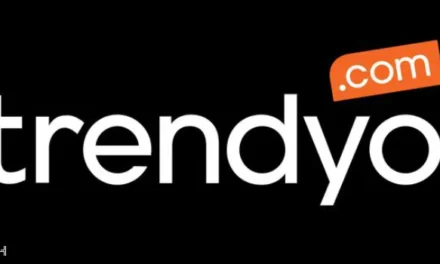In today’s interconnected world, the actions of global companies often spark debates about their political stances and affiliations. Glovo, the Spanish-born food delivery app that’s taken many countries by storm, is no exception. Let’s dive deep into the question: Does Glovo support Israel? We’ll explore Glovo’s operations, its global presence, and its stance on international issues to provide a comprehensive answer.
Understanding Glovo’s Global Presence
Glovo isn’t just another food delivery app. It’s a tech startup that’s rapidly expanded across continents, bringing convenience to millions. Founded in Barcelona in 2015, Glovo has grown from a local Spanish service to an international powerhouse operating in over 20 countries.
Here’s a quick look at Glovo’s expansion:
| Year | Milestone |
|---|---|
| 2015 | Launched in Barcelona, Spain |
| 2018 | Expanded to several European and African countries |
| 2019 | Entered the Latin American market |
| 2020 | Continued growth despite the global pandemic |
| 2023 | Operating in over 20 countries across Europe, Africa, and Latin America |
Glovo’s mission is to give everyone easy access to anything in their city, from food delivery to grocery shopping and more. But how does this mission play out in different global contexts?
Glovo’s Stance on International Politics
When it comes to international politics, Glovo, like many tech companies, tries to maintain a neutral stance. The company’s primary focus is on expanding its services and improving user experience rather than engaging in political debates.
However, operating in diverse markets inevitably brings challenges. Glovo has had to navigate complex political landscapes, especially in regions with ongoing conflicts or tensions.
Key points about Glovo’s approach to international issues:
- Glovo aims to be apolitical in its operations
- The company focuses on local partnerships and community engagement
- Decisions about market entry are based on economic and logistical factors, not political alignments
Examining Glovo’s Operations in the Middle East and North Africa
Glovo has made significant inroads in the Middle East and North Africa (MENA) region. The company’s presence in countries like Morocco, Tunisia, and other African nations has been well-documented. But what about Israel?
As of 2023, Glovo does not operate in Israel. The company’s expansion strategy in the MENA region has focused on other countries, particularly in North Africa.
Let’s look at Glovo’s presence in some key MENA countries:
| Country | Glovo’s Presence | Year of Entry |
|---|---|---|
| Morocco | Active | 2018 |
| Tunisia | Active | 2019 |
| Egypt | Active | 2018 |
| Israel | Not Present | N/A |
Glovo’s absence from the Israeli market doesn’t necessarily indicate a political stance. Many factors influence a company’s decision to enter or avoid a particular market, including:
- Market size and potential
- Competitive landscape
- Regulatory environment
- Logistical challenges
- Economic factors
Analyzing Glovo’s Ownership and Funding
To truly understand Glovo’s position, it’s crucial to look at its ownership and funding structure. Glovo is a privately held company, with its headquarters in Barcelona, Spain.
Key facts about Glovo’s ownership:
- Co-founded by Oscar Pierre and Sacha Michaud
- Received funding from various international investors
- No publicly known Israeli investors or significant stakeholders
It’s worth noting that Glovo’s funding rounds have attracted investors from various countries, but there’s no evidence of substantial Israeli investment or influence in the company’s operations.
Glovo’s Corporate Social Responsibility
Glovo has shown a commitment to corporate social responsibility, particularly in the areas where it operates. The company has launched several initiatives aimed at supporting local communities and addressing social issues.
Some of Glovo’s CSR initiatives include:
- Supporting local businesses during the COVID-19 pandemic
- Implementing sustainable delivery practices
- Providing training and development opportunities for couriers
While these initiatives don’t directly address political issues, they demonstrate Glovo’s focus on local impact rather than global political stances.
Public Perception and Controversies
Like many gig economy platforms, Glovo has faced its share of controversies, primarily related to worker rights and conditions. However, there haven’t been significant public controversies or boycott campaigns related to Glovo’s stance on Israel or other political issues.
It’s important to note that in the age of social media, companies can quickly become embroiled in political debates. Glovo has managed to largely avoid such controversies by maintaining a focus on its core business operations.
Alternatives to Glovo
For those interested in alternatives to Glovo, particularly in regions where Glovo doesn’t operate or for those seeking options not associated with any particular country, there are several other food delivery and quick-commerce apps available. These vary by region but may include:
| App | Primary Regions |
|---|---|
| Uber Eats | Global |
| Deliveroo | Europe, Asia, Australia |
| Talabat | Middle East |
| Jumia Food | Africa |
| Local apps | Various countries |
The Bigger Picture: Tech Companies and Geopolitics
Glovo’s situation is not unique. Many tech companies face challenges when operating globally, especially when it comes to politically sensitive regions. The key is often to focus on providing services to local communities without becoming entangled in larger geopolitical issues.
How tech companies navigate geopolitical challenges:
- Focusing on local partnerships
- Adapting to regional regulations and customs
- Maintaining political neutrality where possible
- Engaging in community-focused initiatives
Conclusion: Does Glovo Support Israel?
After examining the available information, we can conclude that there’s no evidence to suggest that Glovo explicitly supports or opposes Israel. The company does not currently operate in Israel, and its business decisions appear to be driven by market factors rather than political considerations.
Key takeaways:
- Glovo is not present in the Israeli market
- The company operates in several MENA countries, focusing on North Africa
- There’s no indication of Israeli ownership or significant investment in Glovo
- Glovo’s corporate strategy seems to prioritize business expansion and local community support over political stances
In the end, Glovo’s relationship with Israel seems to be one of non-engagement rather than active support or opposition. As with many global companies, Glovo’s primary focus appears to be on growing its business and serving its customers, regardless of the political landscape of the countries in which it operates.
FAQs: Does Glovo Support Israel?
Yes, Glovo operates in Israel as a food delivery app.
What countries does Glovo operate in?
Glovo operates in various countries around the world including Morocco, UK, Ukraine, South Africa, Nigeria, and Bangladesh.
Is Glovo involved in any boycotts?
Glovo has not been publicly associated with any boycotts.
How many restaurants does Glovo work with?
Glovo partners with over 150 restaurants to provide a wide range of food delivery options.
Who is the CEO of Glovo?
The CEO of Glovo is Hassan Abbasi.
What is the mission of Glovo?
Glovo’s mission is to connect people in rural and abroad areas with food delivery services through their app.
Does Glovo have a presence in Arabic-speaking countries?
Yes, Glovo serves Arabic-speaking communities in countries like Morocco and Bangladesh.





